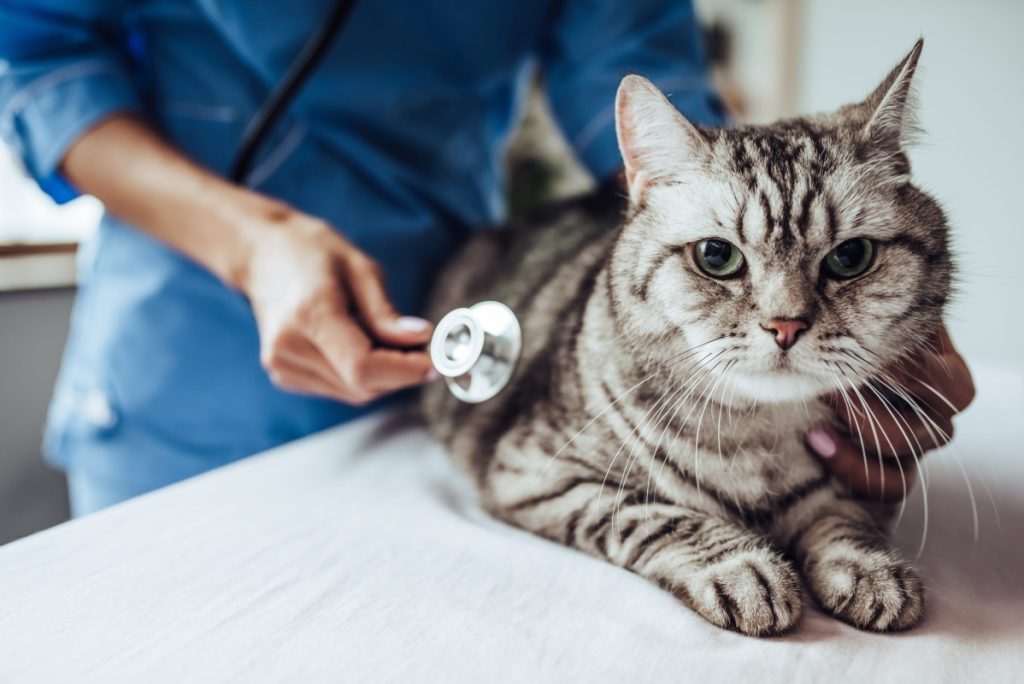Is My Cat Sick?

Identifying Symptoms of Sickness in Felines
Cats are known for their ability to hide signs of illness, which can make it challenging to know when they’re not feeling well. However, there are some signs you can look out for:
- Changes in Interaction: Cats may alter their interaction levels with humans and other pets when they are not feeling well. A usually sociable cat may become withdrawn, or a typically independent cat may become unusually clingy.
- Changes in Activity: A decrease in activity could be a sign of arthritis or other painful conditions. Conversely, an increase in activity could be a symptom of certain metabolic diseases.
- Changes in Eating Habits: A decrease in appetite can be a sign of several illnesses. On the other hand, an increase in appetite, especially if accompanied by weight loss, can also indicate certain diseases.
- Changes in Water Consumption: Increased water consumption can be a sign of kidney disease or diabetes.
- Unexplained Weight Loss or Gain: Any significant weight change that’s not due to a change in diet can be a sign of various illnesses.
- Changes in Grooming Habits: A decrease in grooming that leads to an unkempt coat can be a sign of illness. On the other hand, over-grooming or excessive licking can lead to hair loss and skin sores.
- Signs of Stress: Changes in sleeping habits, changes in behavior, decreased appetite, and increased hiding can all be signs of stress, which can be an indication of underlying illness.
- Changes in Sleeping Habits: An increase in sleep or lethargy can be a sign of illness. Conversely, restlessness or difficulty getting comfortable may also indicate a problem.
- Changes in Behavior: Changes in your cat’s behavior, such as increased aggression or fearfulness, can be signs of discomfort or illness.
- Bad Breath: Bad breath can be a sign of dental disease or other health problems in cats.
- Changes in the Litter Box: Changes in the frequency, color, smell, volume, or consistency of urine or feces can be signs of illness. Also, changes in your cat’s litter box behavior, such as not using the litter box, can be a sign of discomfort or illness caused by bladder stones, kidney disease or infections.
- Signs of Pain: Cats often hide their pain. Signs of pain can include decreased activity, decreased appetite, changes in posture, changes in grooming habits, and changes in behavior.
- If you notice any of these signs in your cat, it’s important to consult with a veterinarian. Early detection and treatment can significantly improve your cat’s prognosis.